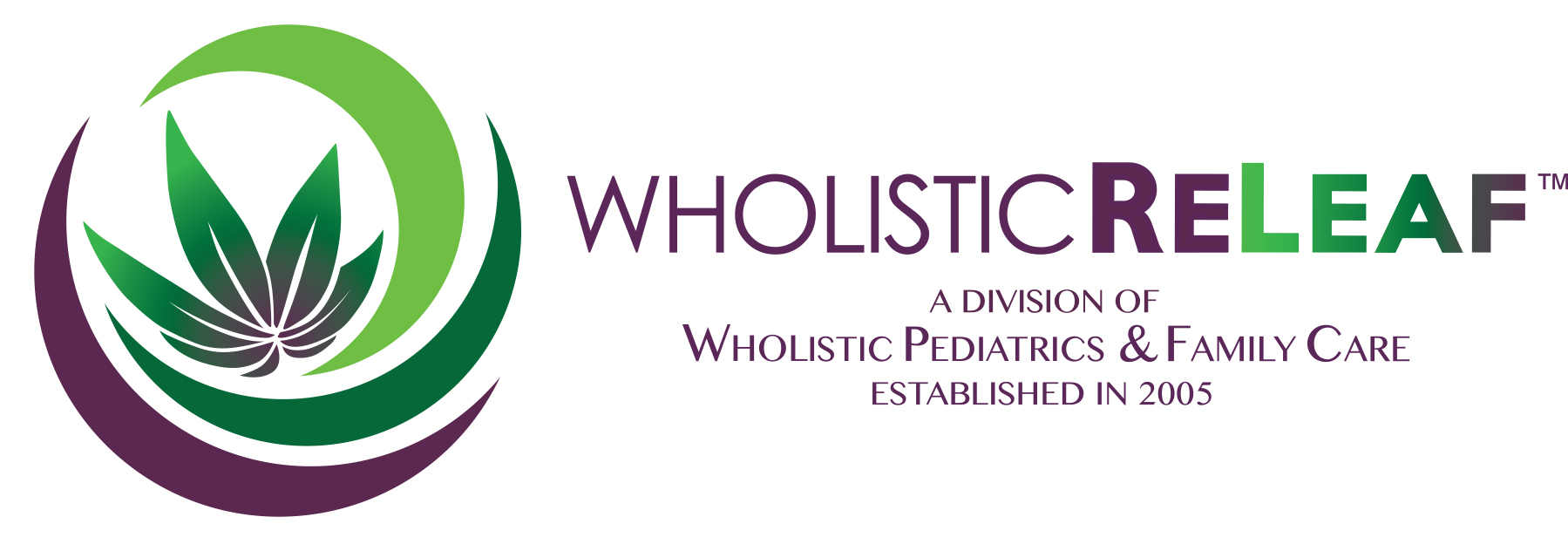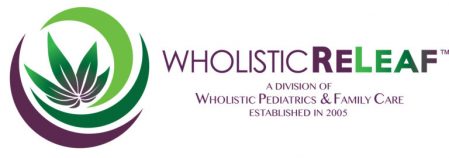 April is the month designated across the world to Autism Spectrum Disorder (ASD) awareness. The CDC defines ASD as a compilation of symptoms that can cause behavioral, social, and communication challenges. The spectrum of autism disorders can range from gifted intelligence to needing help with day to day functional living. A survey from a November 2018 article in Pediatrics revealed new rates of autism diagnosis are 1 in 40 children in the United States.
April is the month designated across the world to Autism Spectrum Disorder (ASD) awareness. The CDC defines ASD as a compilation of symptoms that can cause behavioral, social, and communication challenges. The spectrum of autism disorders can range from gifted intelligence to needing help with day to day functional living. A survey from a November 2018 article in Pediatrics revealed new rates of autism diagnosis are 1 in 40 children in the United States.
How Do You Screen for Autism?
Screening for ASD should be routinely performed beginning between 18-24 months of age. This is achieved through a developmental assessment conducted by a trained provider. Additionally, a parent questionnaire, such as the M-CHAT, is required to provide a more complete picture. If parents have concerns regarding their child’s development at any time, they should bring the child to their pediatrician.
If there is a positive screen on an ASD tool or a noted delay in social or speech development, the child should be referred to an early intervention program or developmental pediatrician/psychologist who is trained to perform an in-depth evaluation. A comprehensive list of early signs of autism can be found at https://www.autismspeaks.org/learn-signs.
What Happens After an Autism Diagnosis?
If a diagnosis of ASD is made for a child, intervention should begin as soon as possible. This typically includes speech, behavioral, and/or occupational therapy.
Children with autism often have other coexisting conditions. These may include but are not limited to GI symptoms such as diarrhea/constipation, sleep disturbances, seizures, and focus difficulties. If any of these conditions are noted, it is important to address them quickly as they can significantly impact not only the child but the family as well.
At Wholistic Pediatrics and Family Care, we take an integrative approach to treat and minimize symptoms related to autism. We have also developed protocols to help prevent many of the conditions associated with Autism Spectrum Disorder.
Our focus on intestinal health includes assessing for pathogenic yeast, bacteria and healthy levels of beneficial bacteria and optimizing nutrition. Improvements in speech, cognition, and behavior can be noted after treating dysbiosis (overgrowth of pathogens) and optimizing the intestinal flora with fermented foods or supplemental probiotics.
Certain methylation genetic variants (such as MTHFR) can be assessed and supplemented with the correct form of B vitamins if needed. Nutritional assessments of daily food intake, as well as laboratory analysis, are routinely recommended to correct deficiencies most commonly noted in the ASD community. Discussions of nutrition may also include exclusions of certain foods if it is identified that a child is not responding positively to them.
If you would like to learn more about ASD treatment with a Wholistic Pediatrics and Family Care provider, please contact us at (813) 960-3415 or visit www.wholisticreleaf.com.

